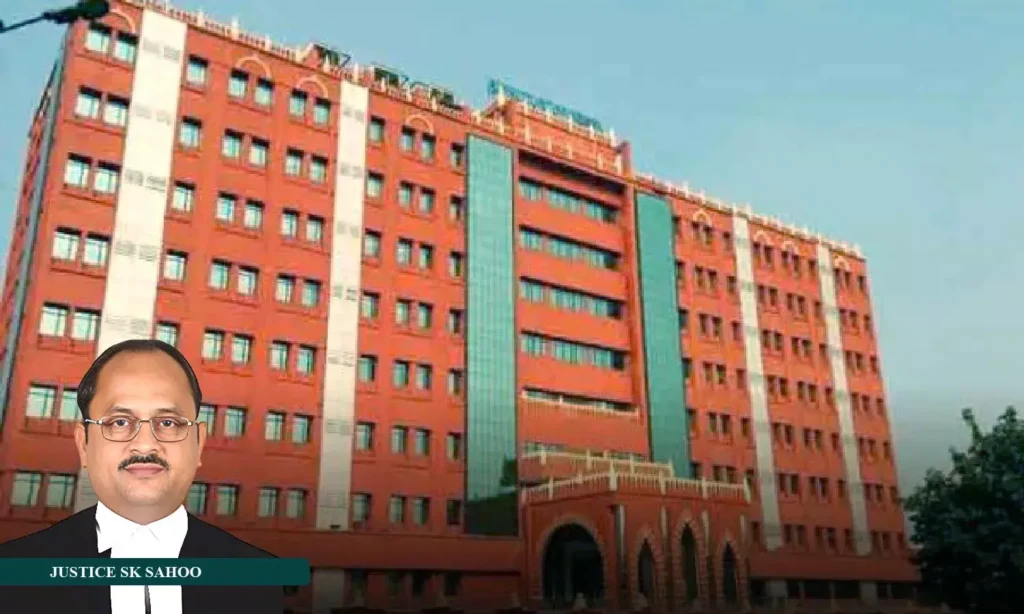Table of Contents
On Criminal Trial

There is a rule of law in this country INDIA that is Bharat and There is no one above the law.
An Offender must be booked, tray and prosecuted as per the law. No guilty person allowed scot-free.
There is a presumption of innocent till proven guilty. The burden is on Prosecution to prove its case beyond all reasonable doubt. the prosecution case must stand of it’s own feet.
Every accused is a competent witness in his case. Section 313 CrPc.1973 and 351 of BBSS-2023
No one can be convicted if he has not violated by law. No one can be prosecuted twice for a single offence. No one can compelled to be a witness against himself. Article 20.
Every accused has a right to defence by a pleader of his choice.
Every accused has the right to Bail, Discharge, Review, revision, Appeal etc.
The Doctrine of Fair Trial

Article 10 of the Universal Declaration of Human Rights
Everyone is entitled in full equality to a fair and public hearing by an
independent and impartial tribunal, in the determination of his rights and obligations and of any criminal charge against him.
Indian constitution on fair trial:
Article 21 of the Indian Constitution: No person shall be
deprived of his life and personal liberty except according to
procedure established by law.
Zahira Habibullah Sheikh and Ors. Vs. State of Gujarat and ors, reported in (2006) 3 SCC 374 at 395.
Not an IPL T20 Cricket Match


“Criminal Trial Is Not IPL T20 Match”
Orissa High Court Sets Aside Rape Conviction As Defence Counsel Not Granted Reasonable Time For Preparation :
Khudia @ Khudiram Tudu v. State of Odisha
Hon’ble Justice Sangam Kumar Sahoo
Each case must rest on its own facts and the similarity of facts in one case cannot be used to bear in mind the conclusion of facts in another case.
While deciding a face on facts, more so in criminal cases, the court so bear in mind that each case must rest on its own facts and similarity of facts in one case cannot be used to bear in mind the conclusion of facts in another case.
Kalyan Chandra Sarkar Vs Rajesh Ranjan @ Pappu Yadav, 2005 (2) SCC 42.

